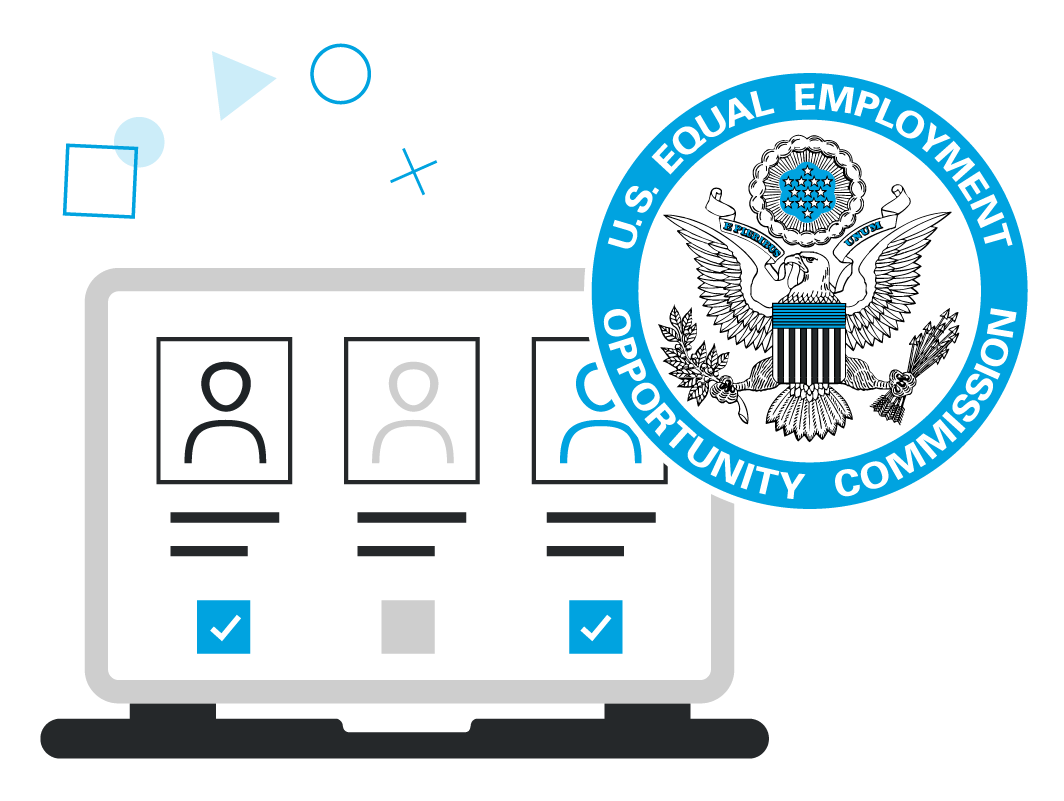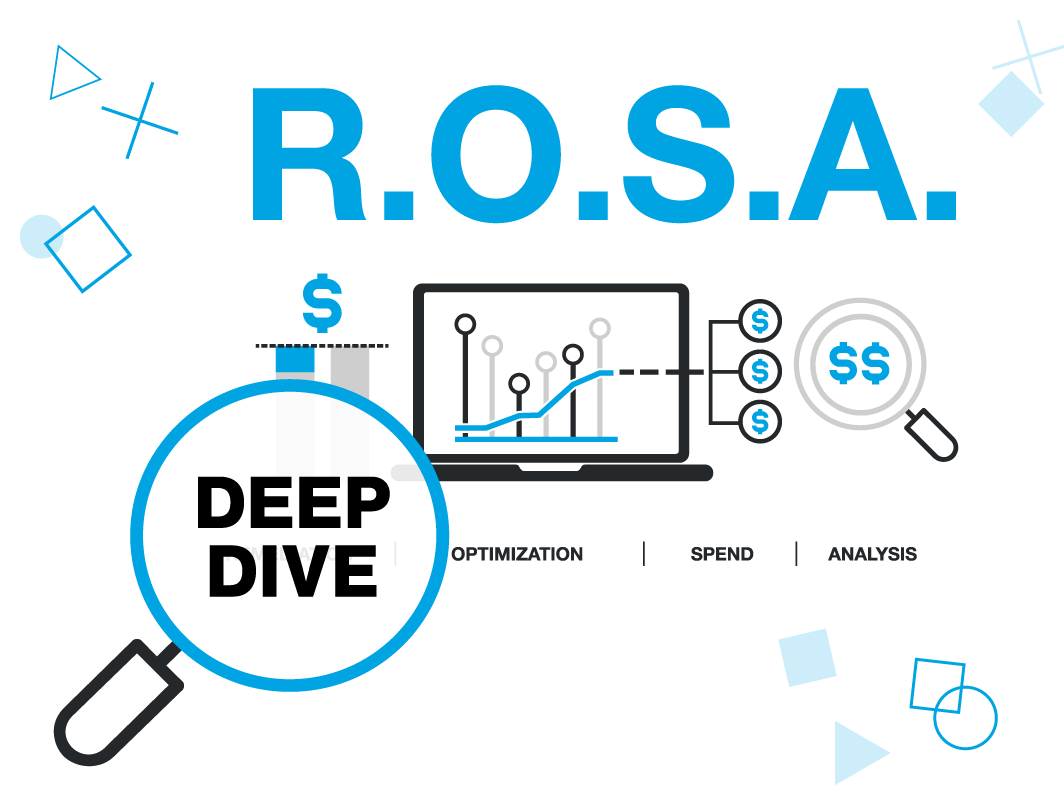
![]()
Undeniably, it is a very sensitive time for employers across the U.S. dealing with the economic implications ofCOVID-19.However, a recent order from the Central District Court of California serves as a reminder that employers should continue to focus their efforts on pay equity compliance.
In May of 2019, Yunghui Chen, a former auditor for the major hard disk manufacturer Western Digital, filed suit on behalf of herself and approximately 1370 similarly situated employees and former employees. The allegations included violations of Title VII of the Civil Rights Act, the Equal Pay Act, and California’s Fair Pay Act. Specifically, the plaintiffs claimed that Western Digital utilized a series of performance metrics that built gender bias into employee evaluations. These include a “tap-on-the-shoulder” promotion process in which individual managers evaluated which employees they feel should be promoted—rather than posting open positions. Further, Chen and the plaintiff class alleged that Western Digital used a system called “forced stacked rankings” to make incentive compensation decisions. Systems like this, the plaintiffs argued, “encourage managers to distribute rankings that determine compensation across a normal curve, a practice called force-stacked ranking. They also instruct managers that there are always some underperforming employees, leaving managers little choice but to find some employees to rate as underperforming, even if none exist.”
Western Digital denied all liability for these claims brought by Chen and the plaintiff class. The parties nonetheless reached a settlement that was conditionally approved by the Central District Court of California in an order issued on April 3, 2020. The settlement is striking not only because of the monetary sum ($7,750,000) Western Digital agreed to pay to the plaintiff class, but also because of the sweeping programmatic changes the company agreed to make to its operations. In the settlement agreement filed with the court, Western Digital pledged to:
“(1) evaluate, promote, and compensate women equitably; (2) perform statistical analyses with regard to evaluation, promotion, and compensation; (3) design and execute leadership development initiatives for women; (4) bolster their policies regarding flexible work arrangements and maternity and parental leave; (5) maintain records relevant to this agreement; (6) reinforce their commitment to EEO [(equal employment opportunity)] compliance and enforcement; and (7) enhance their processes for investigation of internal complaints, such as complaints of gender discrimination.”
Item (2) is of particular import. Even amidst the crisis of COVID-19, employers should continue to focus on pay equity compliance. Experts across multiple industries recommend conducting a pay equity audit as a critical first step. A pay equity audit can be conducted under the attorney client privilege using a combination of gender pay gap software and expertise in pay equity regulations and statistical models. However the analysis is conducted, employers should keep in mind the Triangle of TrustSM: trust in data, trust in software and trust in regulatory expertise. Click here to find out more about how Trusaic can help your organization achieve its pay equity goals.



